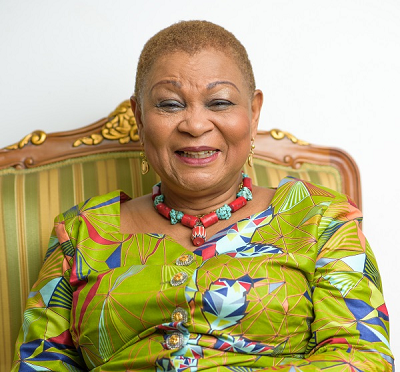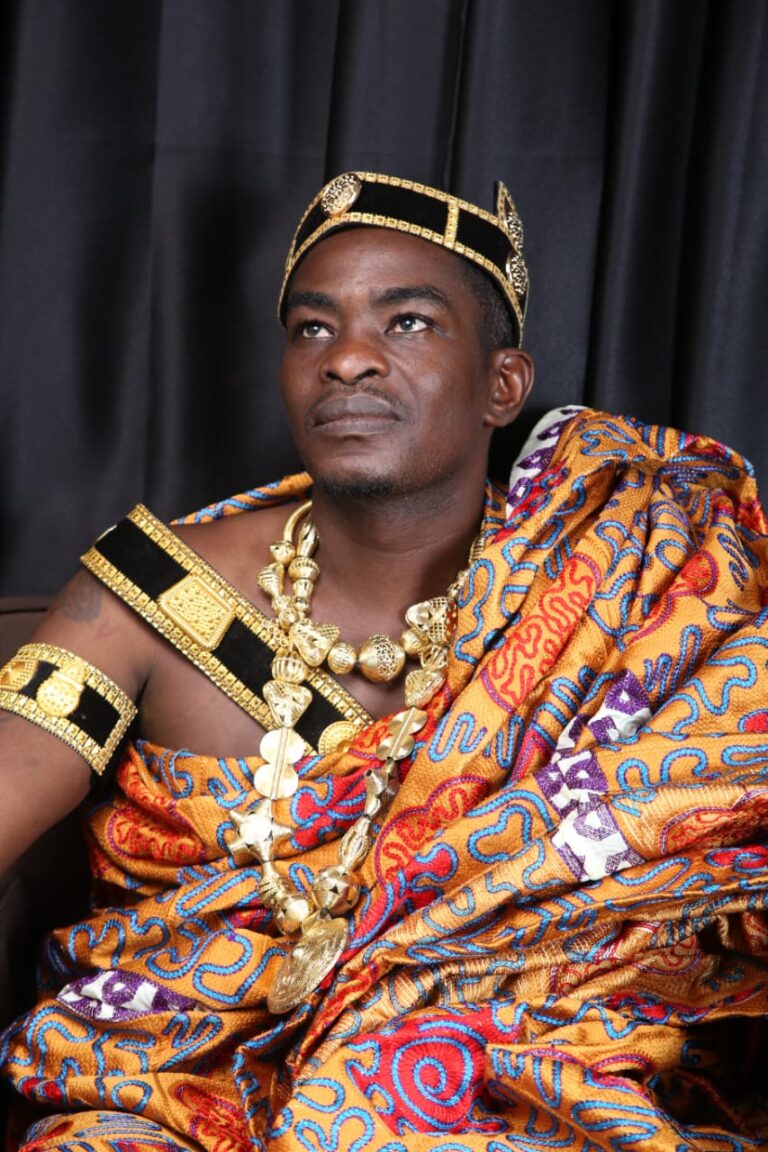
Joyce Aryee Advocates for a Multi-Sectoral Strategy to Combat Illegal Mining
Mining contributes considerably to African economies, with certain nations’ GDPs derived from mining accounting for over 20% of total GDP, according to World Bank data.
Around 1.9 million people are employed in this industry throughout the continent, supporting both urban and rural areas.
Dr. Aryee acknowledged the difficulties caused by illicit mining, but she applauded the government’s efforts, asserting that Ghana’s progressive policies and programs, which fight illegal mining and utilize the nation’s mineral resources, are the reason Ghana is still the top producer of gold in Africa.
She also emphasized the government’s resolve to broaden the base of natural resources by utilizing the African Continental Free Trade Area to foster intra-African collaboration and commerce.
In conclusion, it is evident that a multi-sectoral strategy is needed to combat illicit mining in Ghana. Initiatives for community participation and ethical mining practices can be put into place to help address the social, economic, and environmental problems that the country is currently facing with cooperation from the government, businesses, civil society organizations, and the media.
Ghana can ensure a better future for its people and its priceless natural resources by emphasizing sustainable development and acting pro-actively.

Other stories
-
Ampadu: Ghana’s Devt Is Not Changing Regime
-
“TOR will become a profitable enterprise.”
-
Former BBC journalist David Capper passed away at the age of 91.
-
To explore if it would be less expensive, I manufactured my own plant-based milk.
-
A video purporting to show Ghanaians in the Russian army ignites discussions.



